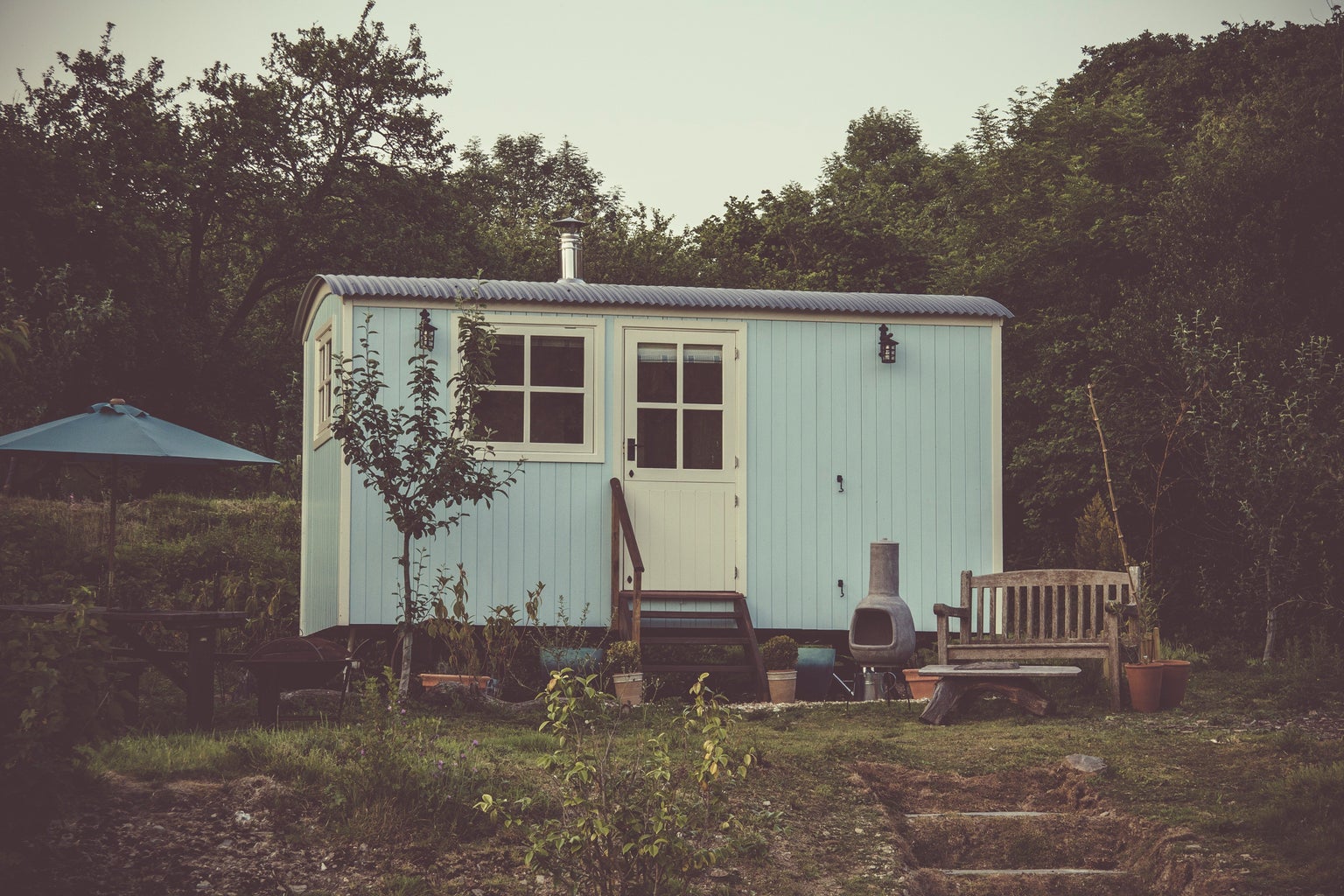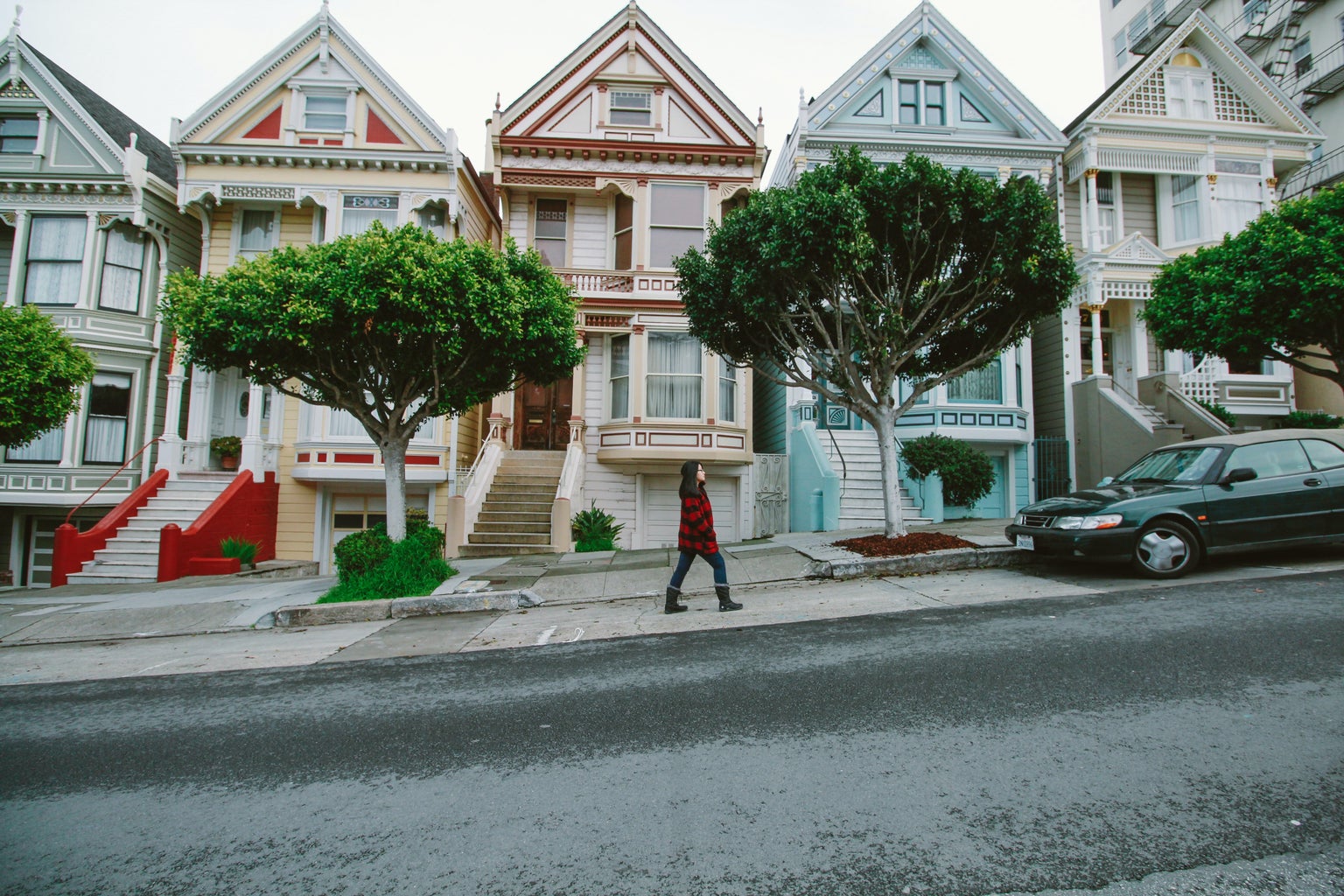The world is currently facing an immense housing crisis with home prices rapidly rising leaving many families unable to afford rent and homeownership essentially impossible for many.
This issue is particularly a burden for urban areas as luxury apartment buildings are being built constantly with no affordable housing plans in sight.
Families across the country are being affected by this with a study from Harvard University and Habitat for Humanity finding that, in 2019, 37.1 million households were “housing cost burdened” meaning they spent 30% or more of their income on housing.
The United States is not the only nation facing this housing crisis.
Asia is experiencing a lack of affordable housing with the Asian Development Blog finding that the “average price-to-income ratio” across 211 cities in 27 countries in Asia is a 15.8 ratio of price compared to income which is classified as “severely unaffordable.” Europe is also experiencing a housing crisis the Organisation for Economic Co-operation and Development found that prior to the pandemic 1 in 10 Europeans spent more than 40% of their income on housing and this number has likely risen to do the economic effects of COVID-19.
In response to this crisis people around the world have found themselves partaking in squatting. Squatting is when someone, or a group, occupies an abandoned home.
In California the Hernandez family began to occupy a home in the Bay Area when they were unable to afford any other housing near them. The media source, Mother Jones, outlined the family’s story and the difficulties of squatting.
Squatting is inevitably a risky action and can often cause bank representatives and law enforcement to get involved, which the Hernandez family learned one day after their house was ransacked by representatives of a bank.
However, there are rights to squatting. In California there is a law titled “adverse possession” which states that someone can claim a property if they occupy it and eventually pay it off in taxes for a set time as long as no one else proves or claims ownership. Unfortunately, this did not help the Hernandez family as the home was eventually put up for auction.
But beyond this law there are basic squatter rights in the US and elsewhere as well. In most places squatters are allowed to occupy and cannot be evicted without notice; the website Avail explains that under the law squatters are treated much like renters that did not pay rent.
Squatting is especially common in Europe in expensive cities such as London and Paris. In a study analyzing squatting specifically in England and Wales from Sheffield Hallam University, it was found that 40% of the 437 single homeless people they surveyed had squatted. Squatting was especially popular in the United Kingdom in the 60s and 70s and has often been a common action for many.
An article from Le Journal International interviewed one squatter in London who described “squatting parties” and groups she would squat with as she was interning and unable to afford housing. The interviewee describes the groups as trustable with professional and student lives.
However, the study from Sheffield Hallam University emphasized that for many squatting is the last resort as oftentimes these abandoned properties are in terrible condition. Squatters often revitalize properties instead of damaging them as many would think.
In the story of the Hernandez family, it was explained that they fixed the plumbing, painted, bought appliances and furnished the home.
Beyond simply providing housing, squatting is also a resistance movement. Squatting is a sign of something much more than a housing crisis; there is a general lack of action. With hundreds if not thousands of houses abandoned and millions of people homeless due to a major housing crisis in almost every country in the world it is clear that something should be done to combat it.





